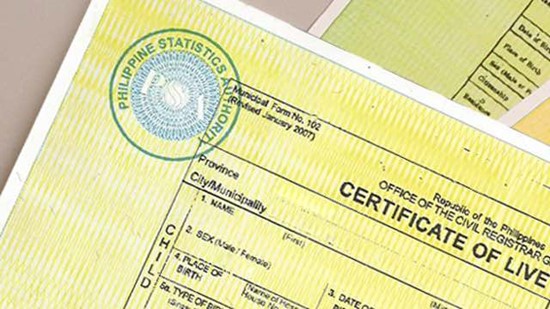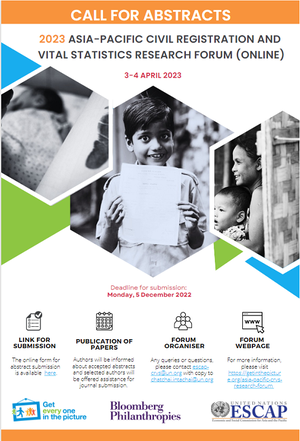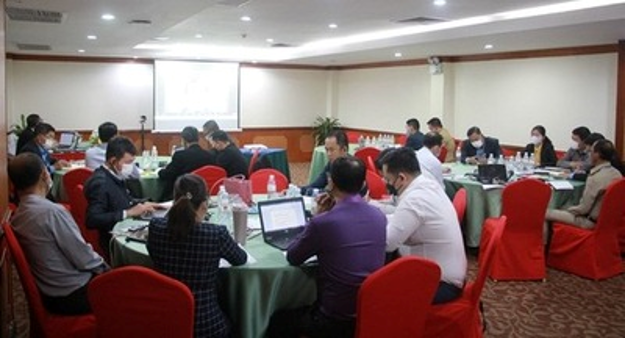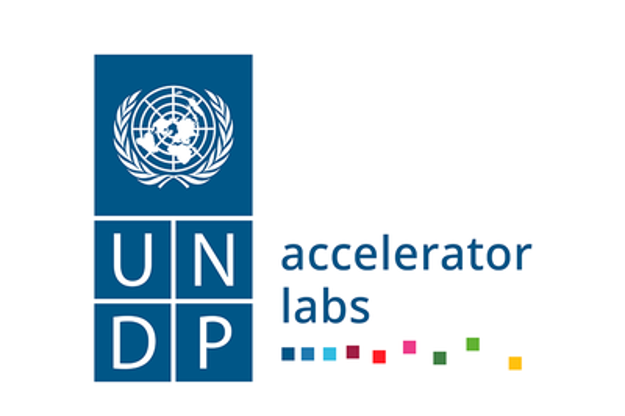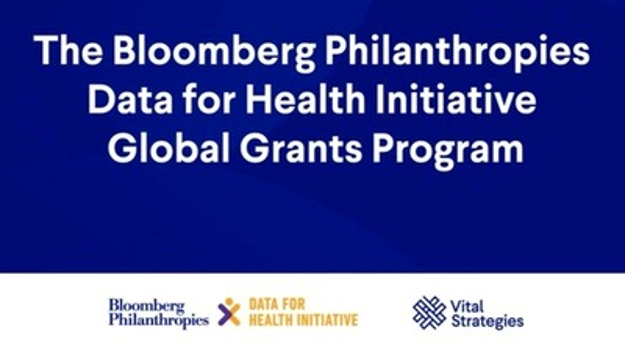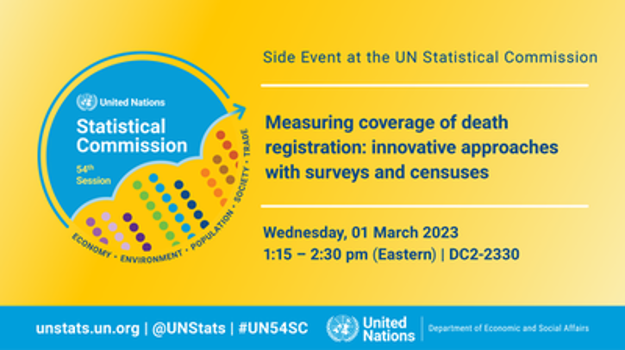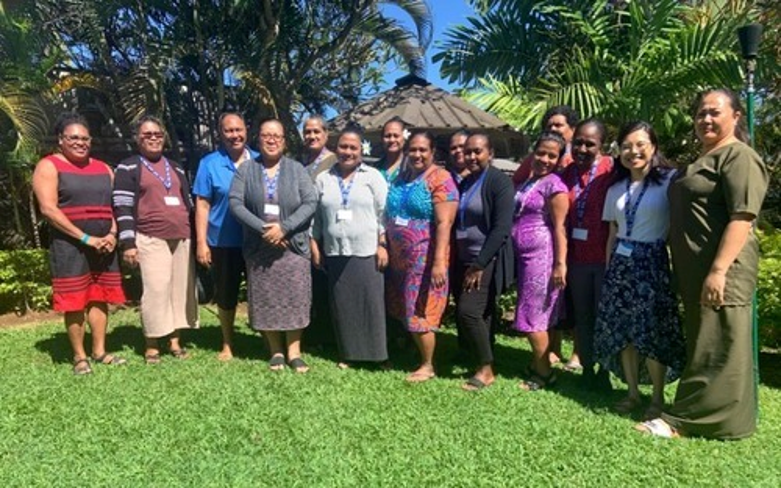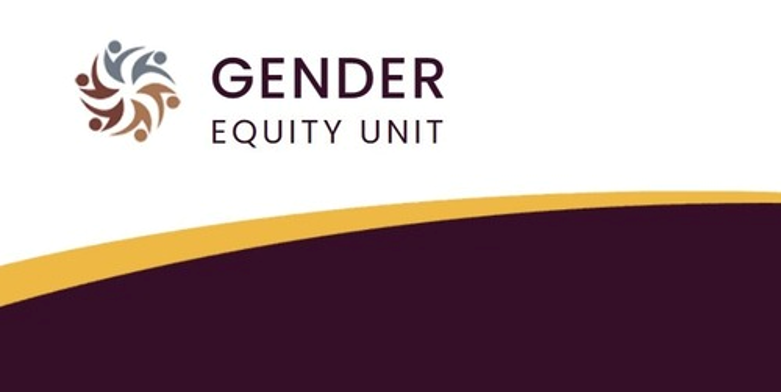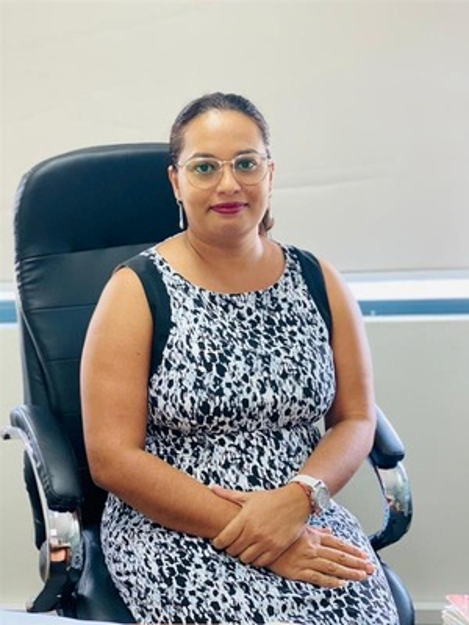Newsletter May 2024
In May 2024, representatives from the Governments of the Republic of Kazakhstan, the Kyrgyz Republic, the Republic of Tajikistan, Turkmenistan, and the Republic of Uzbekistan participated in the Central Asian Conference on Ensuring Birth Registration to Prevent Statelessness, organised by UNHCR in collaboration with the National Human Rights Centre of the Republic of Uzbekistan.
During the conference, six key topics were explored including: Establishing universal birth registration systems and integrating them with education, health and social services; Leveraging technology for efficient birth registration; Best practices in universal birth registration in the region; and Protecting the rights of stateless children and children of unknown parents.
Please click here for full story.


